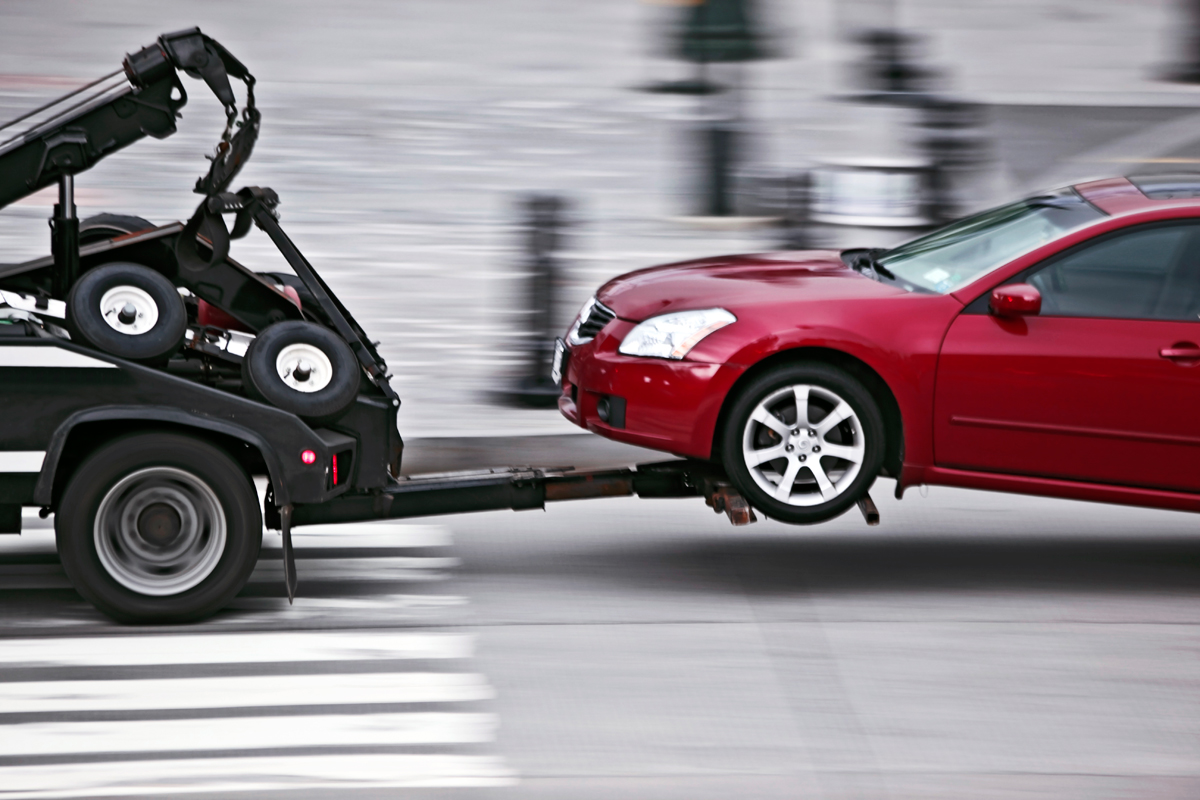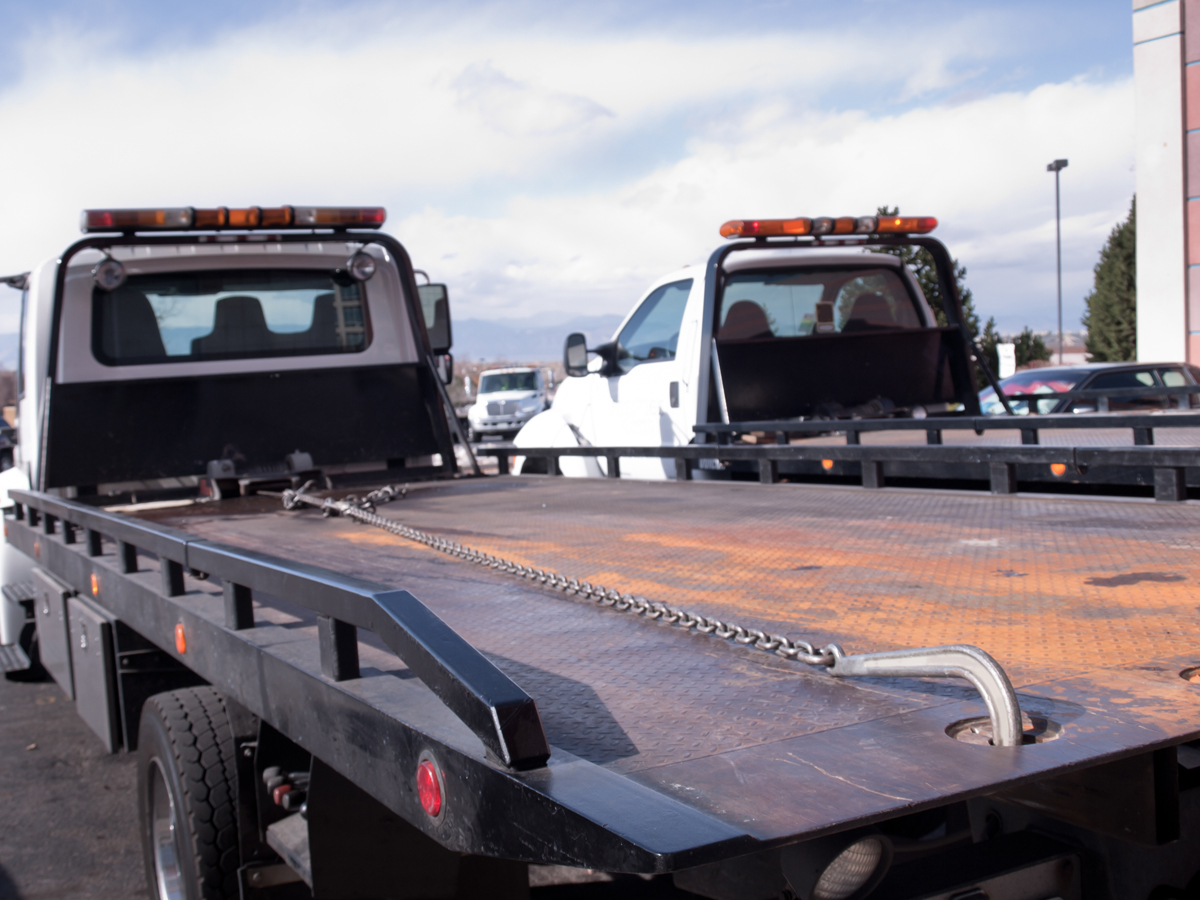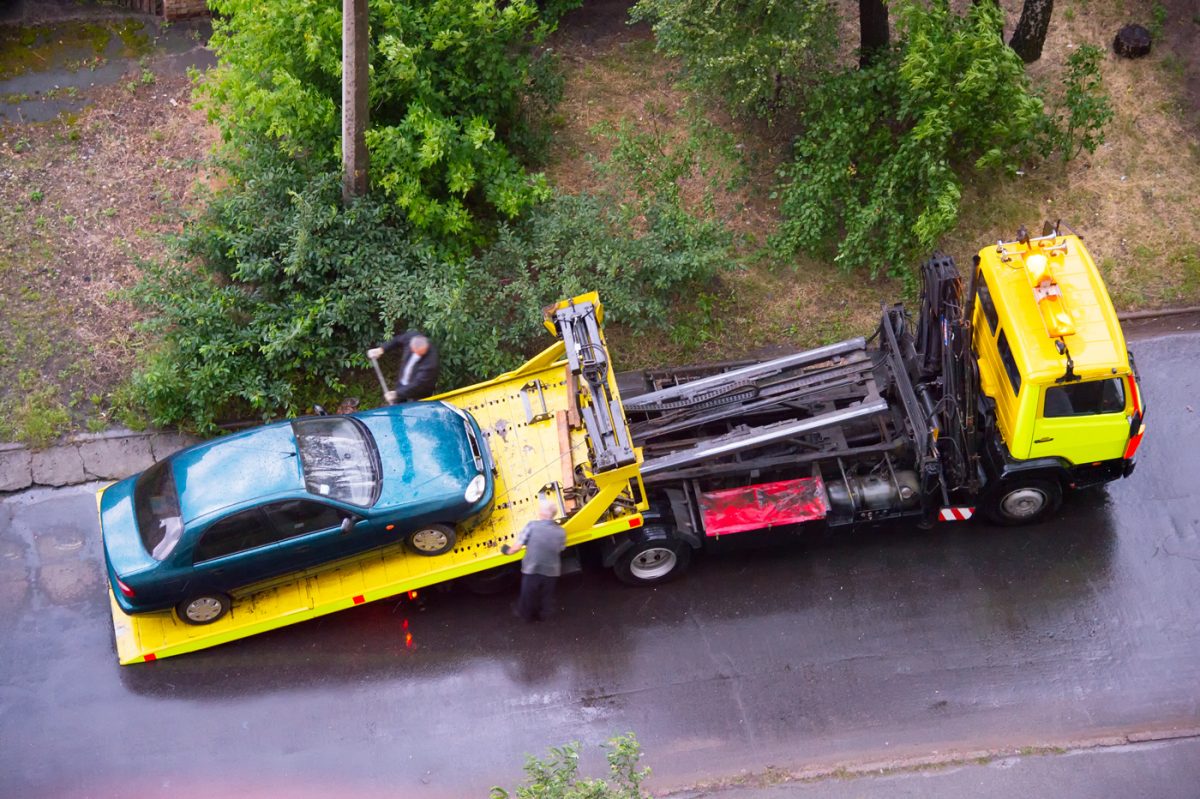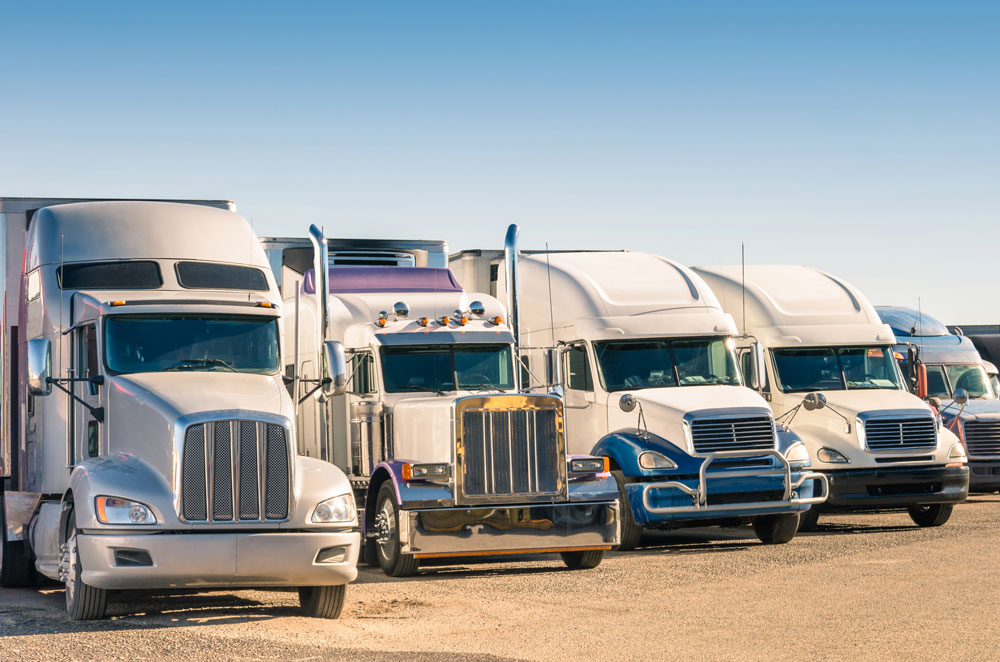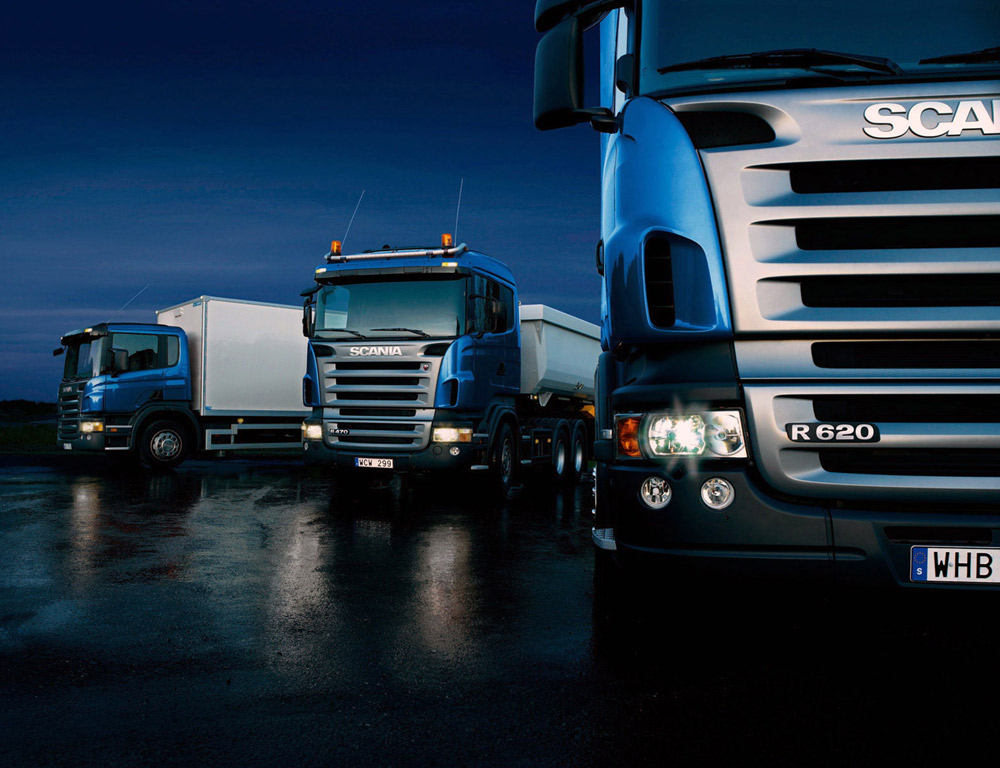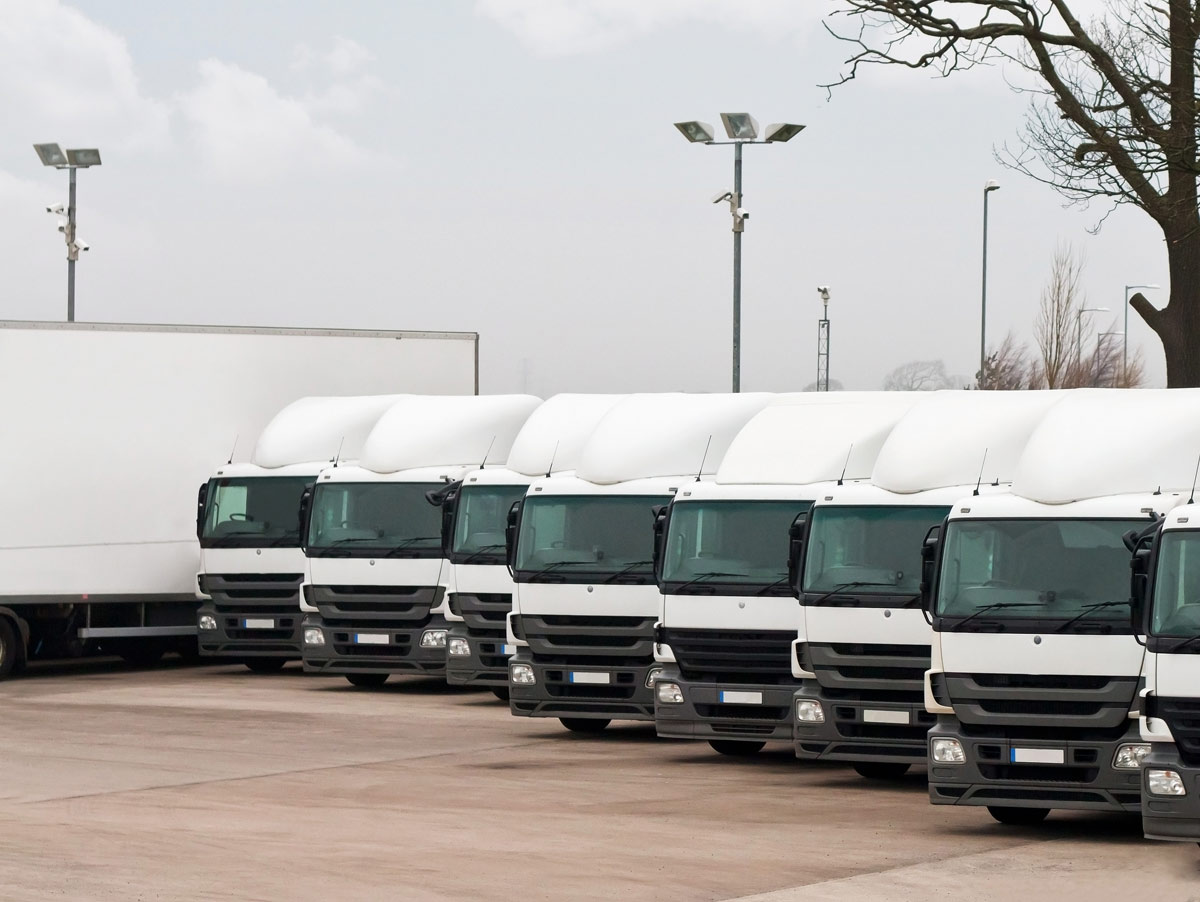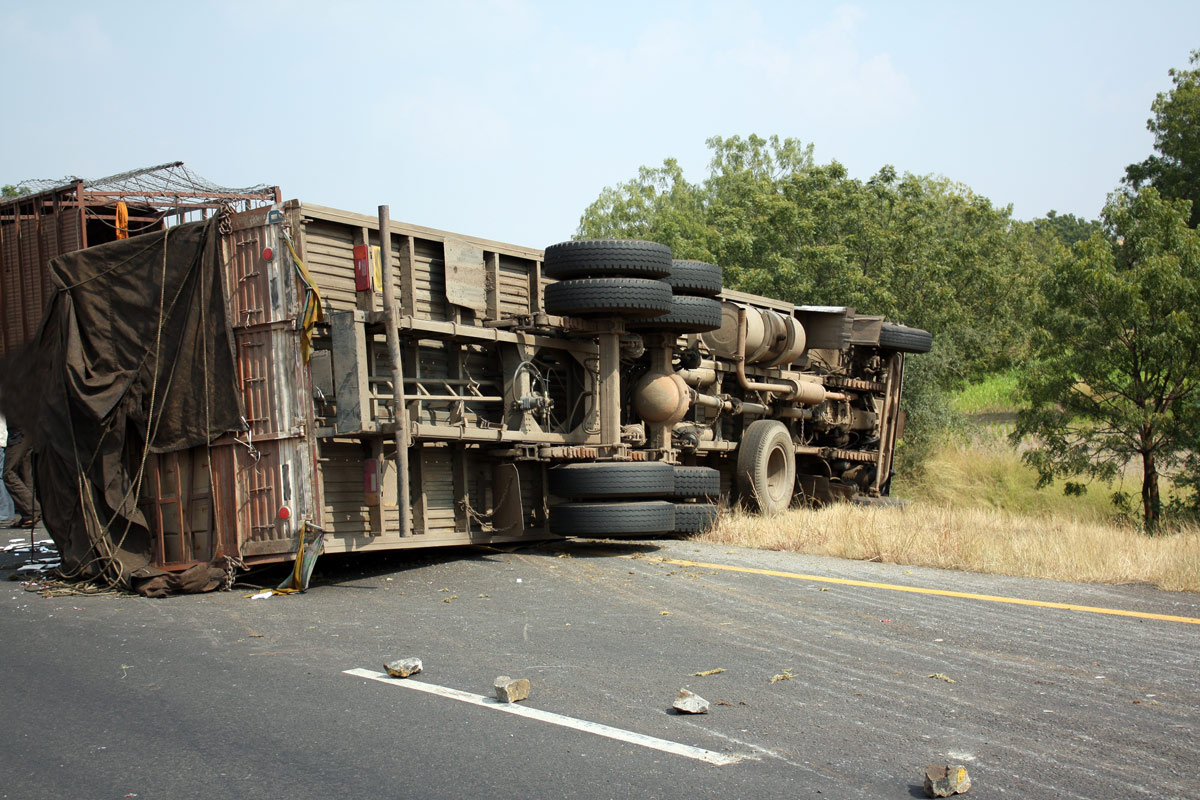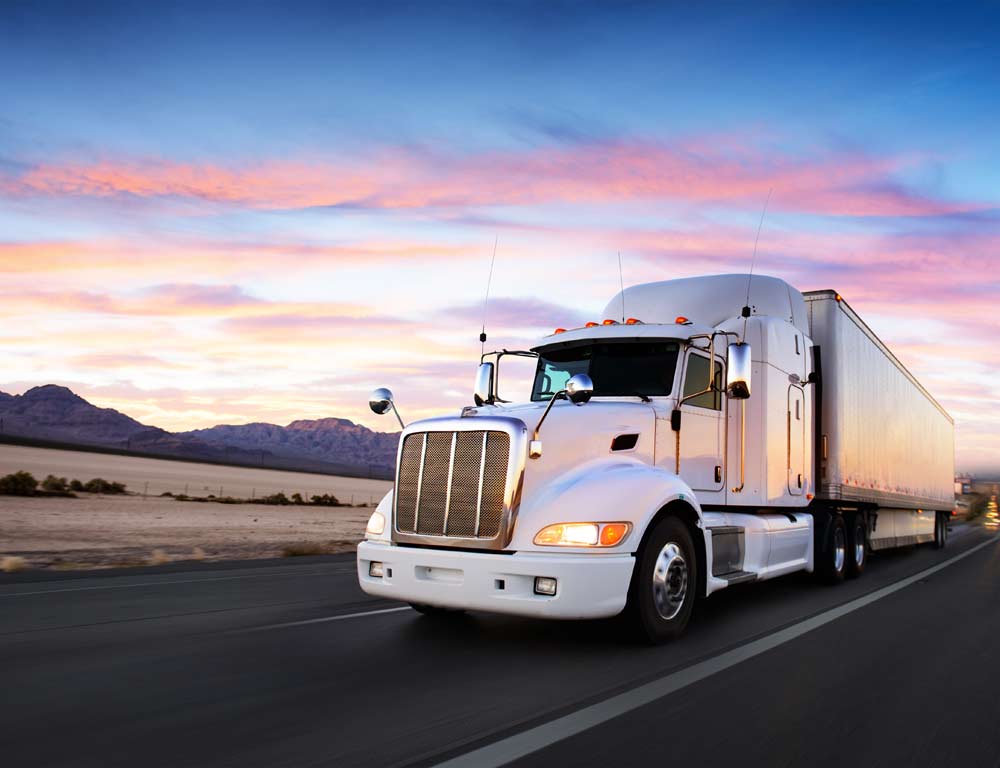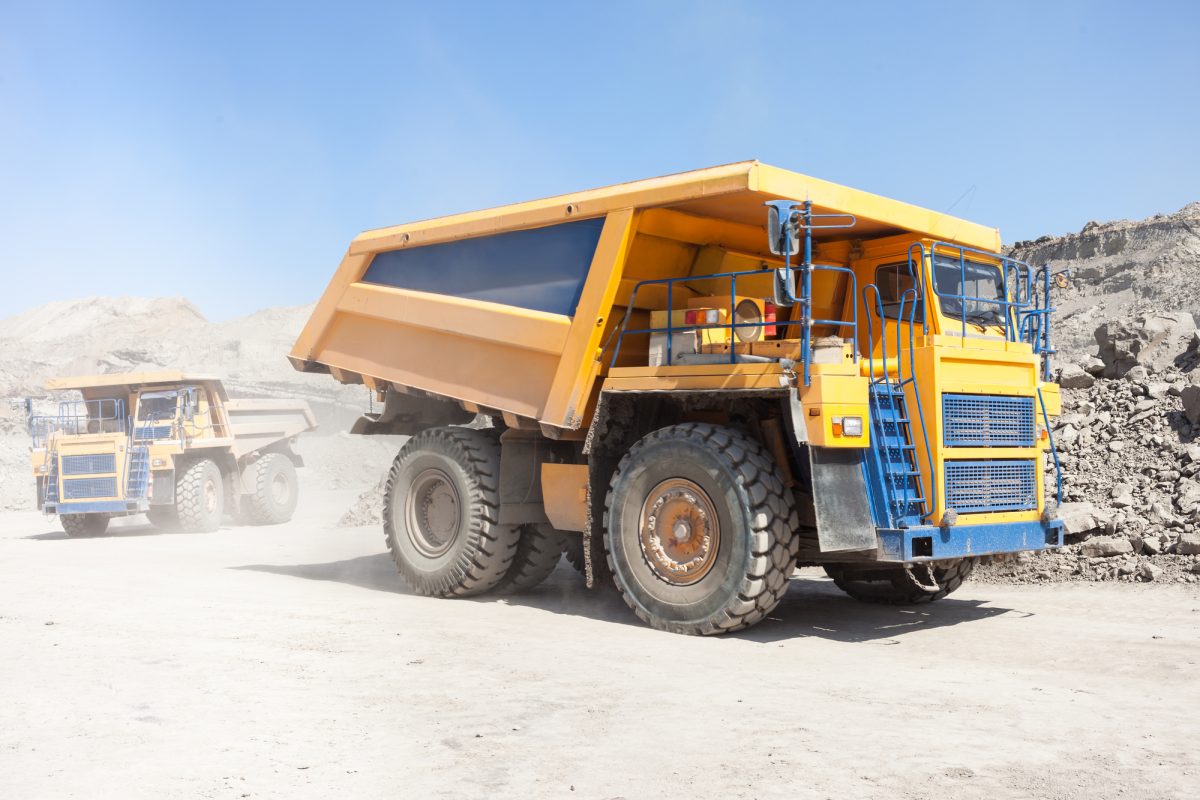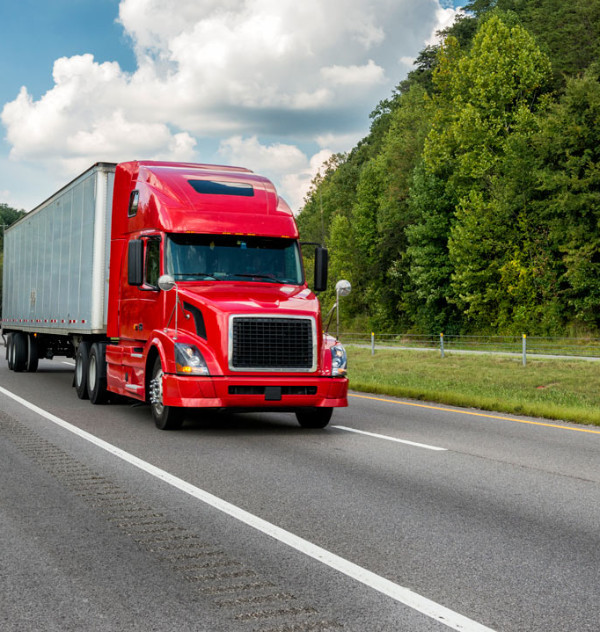Tow truck insurance is necessary for any business that tows vehicles. Even if it isn’t your core service, you need to protect yourself, your workers, and your assets in case of an accident.
Tow trucks are heavy and are usually carrying or dragging another vehicle with them. This creates a greater risk for incidents. It’s also risky for workers. Nonfatal injury rates were just above 204 per 10,000 full-time workers. That may not sound like a lot until you compare the stats to other professions. Other industries have a nonfatal injury rate of 98 per 10,000.
The death rates aren’t any better. A total of 191 towing employees were killed between 2011 and 2016, giving the industry an annual rate of 43 deaths per 100,000 fulltime workers. Other U.S. private industries combined had an annual death rate of 2.9 per 100,000.
Towing services are essential to communities. They keep roadways clear and help people get assistance after a breakdown or accident. While businesses and industry leaders try to find ways to improve safety measures, every company that tows vehicles must have adequate tow truck insurance.
Is Tow Truck Insurance Required?
Federal law states that tow truck drivers are required to have auto liability coverage. The minimum coverage limits will vary from state to state. You should check your local area or ask your insurer for more information. Some states also require medical payment coverage.
If you have employees, then you need a workers’ compensation policy along with your tow truck insurance. This will pay for medical expenses if an employee is hurt while on the job. It also protects your business from expensive lawsuits. Most states require workers’ compensation coverage for any company with one or more workers.
Types of Tow Truck Insurance
Multiple types of tow truck insurance are available. You may or may not need them all. It’s important to have a basic understanding of what each covers so you are aware of what might be required when you look into quotes. The types include:
- Auto Liability – Auto liability will pay for property damage and physical injury if you are the at-fault driver. It will also pay for your legal fees if you are sued because of a tow truck accident.
- Comprehensive – Comprehensive coverage will pay to replace or repair your tow truck after an incident that isn’t a collision. This policy is meant for incidents related to theft, animal damage, falling objects, or fire.
- Collision – Collision insurance pays for tow truck repair or replacement after an accident.
- Medical Payment – Medical payment insurance will cover medical expenses for you and any passengers that were involved in an accident. That includes customers who may be riding along while their vehicle is being towed.
- On-Hook Insurance – On-hook insurance pays to replace or repair vehicles that are damaged while they are hooked to your tow truck. This type of coverage is called garagekeepers in Virginia and Texas.
- Garagekeepers Legal Liability – Garagekeepers insurance pays for damage to a vehicle that’s being serviced or stored by your business. This coverage is called storage location insurance in Virginia and Texas.
- Uninsured Motorist – Uninsured motorist coverage will pay for any injury caused by a driver who doesn’t have insurance or in hit-and-run situations.
Keep in mind that tow truck insurance doesn’t necessarily cover every expense after an incident. It does not pay for damages related to intentional harm and may not cover certain types of cargo like jewelry, money, alcohol, explosives, tobacco, and pharmaceutical drugs. Hazmat insurance is required if you are handling or working around hazardous materials.
How Much Does Tow Truck Insurance Cost?
The cost of tow truck insurance will vary depending on your business needs. The national average cost for basic coverage was $450 or $4,500 to $5,000 per year in 2020. That estimate was for one truck and basic roadside and recovery towing.
General liability policies for a small business with minimum coverage usually cost between $97 and $159 per month.
You will need to provide the specifics of your situation for an accurate quote. For example, a business that does auto repair and bodywork that operates a tow truck to support its repair business will pay an average of $7,500 per truck per year.
Companies that use tow trucks for repossession purposes should expect to pay around $10,000 per truck annually. That’s because repossession work comes with more risks than those who tow for a repair service.
Several factors affect your tow truck insurance premiums, including location, emergency hours, type of towing, number of drivers, company safety policies, length of time in business, and driving records.
How to Get a Tow Truck Insurance Quote
Getting a tow truck insurance quote is easy thanks to the internet. The fastest way to get a personalized estimate is to visit InsureTrucking.com. Click on the “Get a Quote Now” button to get started.

